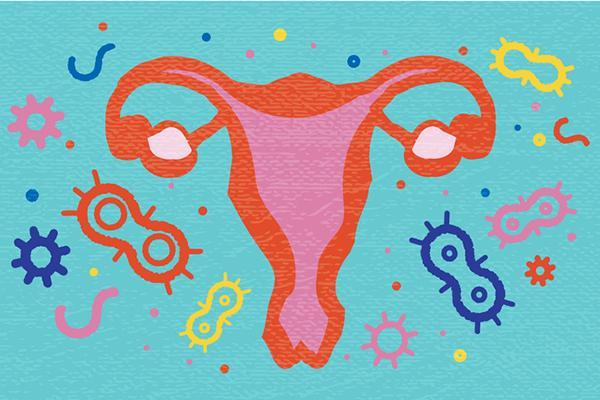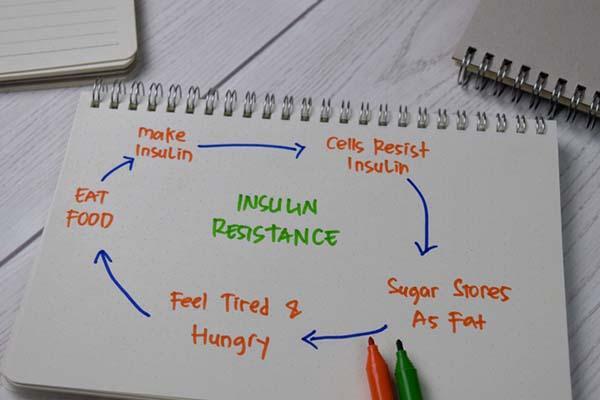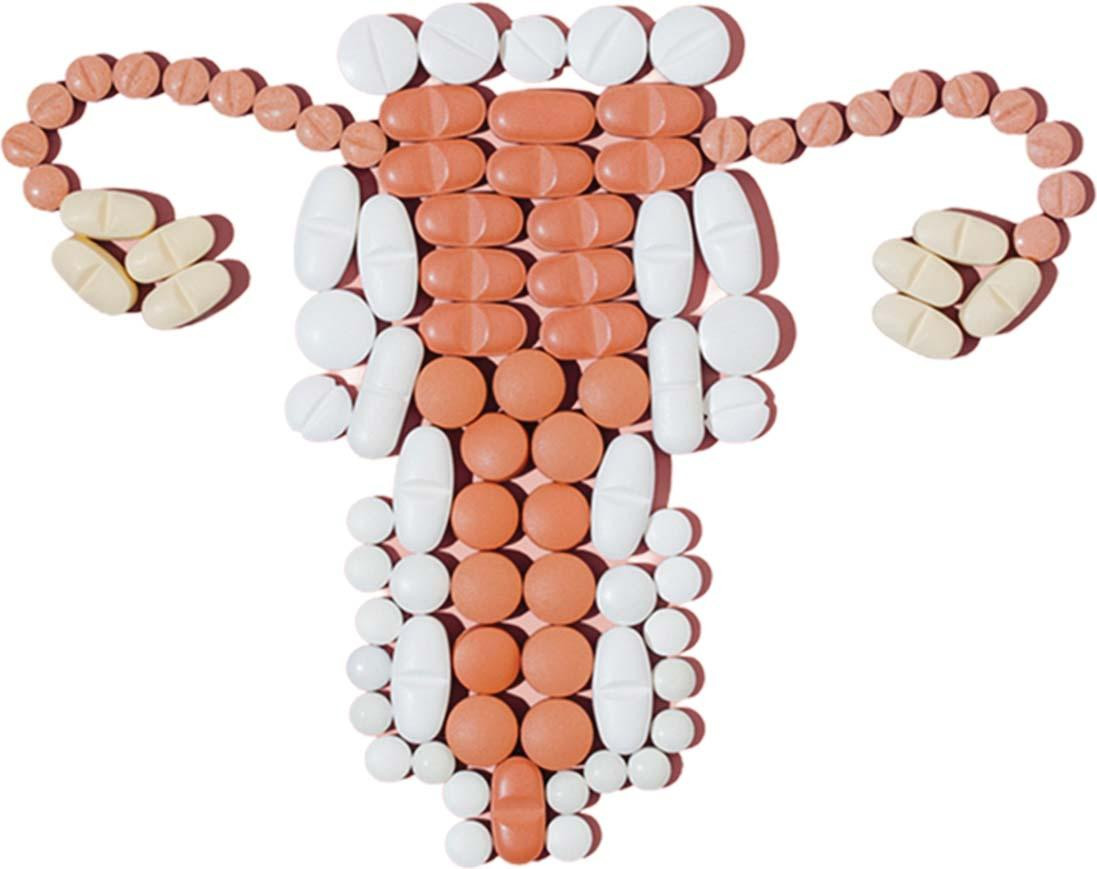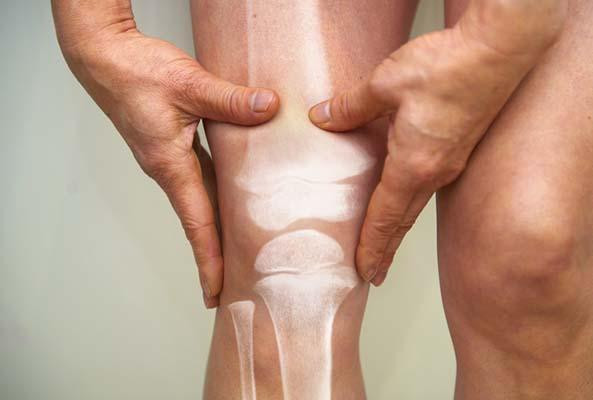
New thinking about plaque in arteries that feed the brain

Want to prevent shifting teeth? Maybe you need retainers

What you need to know about the new dietary guidelines

Food that’s healthier for people and planet can be cheaper, too

New evidence that polyphenol-rich foods help the heart

8 simple ways to reduce ultra-processed foods in your diet

How to curb your stress eating

How to spot Parkinson’s disease symptoms

Heart failure symptoms in women: How they’re different

GERD diet: Foods to avoid to reduce acid reflux
Women's Health Archive
Articles
Telltale signs of vaginal infections
Vaginal infections are highly common and often involve symptoms such as vaginal itching, burning, irritation, discharge, and odor. The most prevalent vaginal infections include bacterial vaginosis, yeast infection, trichomoniasis, herpes simplex virus 2, gonorrhea, and chlamydia.
Insulin resistance in women and why it rises after 50
Insulin resistance is when the pancreas makes insulin but the body’s cells don’t use it efficiently. It becomes more common in women after age 50 due to hormonal shifts that change the way the body stores fat. It is a key step in the process of developing prediabetes and diabetes.
What do vaginal probiotics do?
Vaginal probiotics contain live microorganisms and come in oral and suppository forms. Some ads claim these products can prevent or treat infections. But the vagina regulates its own bacterial mix, so vaginal probiotics aren’t necessary.
What can I expect during an endometrial biopsy?
An endometrial biopsy is the only way to rule out endometrial (or uterine) cancer. Any vaginal bleeding a year or more after a woman’s final period raises the possibility of uterine cancer. The biopsy involves using a suction tube to gather cells from the uterine lining.
Heart failure symptoms in women: How they’re different
After menopause, women develop heart failure at rates similar to men. But women tend to develop heart failure with preserved ejection fraction, which leads to more frequent hospitalizations. Women also have different risk factors for heart failure than men.
Strong is the new skinny
Fitness ideals for women have evolved to prioritize a strong body rather than a slim figure. Strength training counteracts age-related muscle loss and offers a wide variety of additional health benefits. Cardio boosts heart health, but can’t substitute for strength training.
Reproductive factors may raise women’s osteoporosis risk
A 2025 study suggested that women with a history of infertility, miscarriage, or stillbirth or who have borne just one child or no children may be likelier to eventually develop osteoporosis.
Risk-based breast screenings as effective as annual mammograms
A 2025 study suggests that adjusting the intensity of breast cancer screening based on individual risk factors is as effective as annual mammograms.

New thinking about plaque in arteries that feed the brain

Want to prevent shifting teeth? Maybe you need retainers

What you need to know about the new dietary guidelines

Food that’s healthier for people and planet can be cheaper, too

New evidence that polyphenol-rich foods help the heart

8 simple ways to reduce ultra-processed foods in your diet

How to curb your stress eating

How to spot Parkinson’s disease symptoms

Heart failure symptoms in women: How they’re different

GERD diet: Foods to avoid to reduce acid reflux
Free Healthbeat Signup
Get the latest in health news delivered to your inbox!
Sign Up











